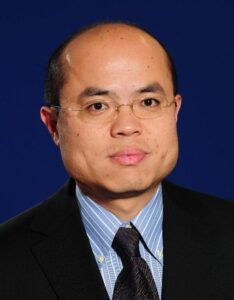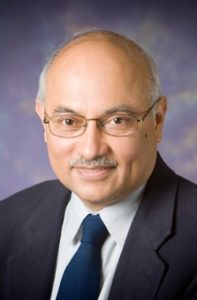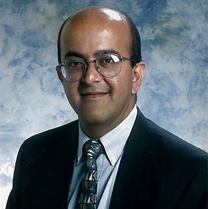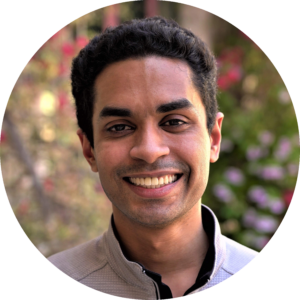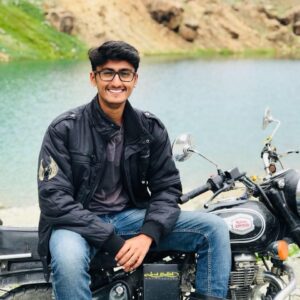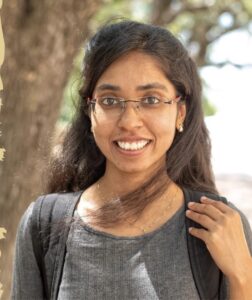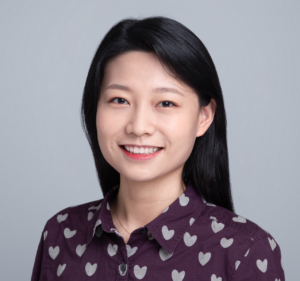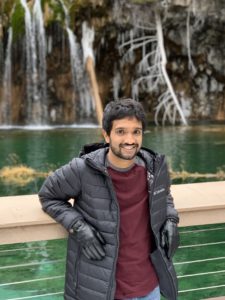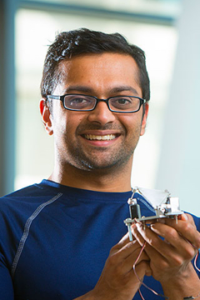Friday, October 6, 2023
10:20 a.m. – 11:10 a.m. (CST)
ETB 1020
Bingzhe Li
Assistant Professor I Dept. of Computer Science
University of Texas at Dallas
Title: “Next-Generation Storage Systems for Big Data”
Talking Points:
- How to efficiently manage current emerging storage devices
- How to design a new DNA storage system
- How to build a high-performance storage system for big-data applications
Abstract
Tremendous technology developments have been witnessed in the area of computing, network and storage systems. A huge amount of digital data was generated in the past decades with the rapid growth of new technology development such Internet of Things (IoT) devices, edge devices, sensors, 5G, and so forth. Such vast amounts of digital data are being generated and are available for access to all new applications. It becomes a critical and increasing challenge to manage this huge amount of data available at our fingertips and to locate the information that we need at anytime from anywhere.
In this talk, I will focus on emerging storage systems for big data from two perspectives. First, from the capacity perspective, two emerging storage devices/systems with large areal densities (i.e., shingled magnetic recording (SMR) and DNA storage) are introduced including their management and utilization. For SMR, based on its unique properties, we introduce a Machine Learning (ML) based scheme to improve the performance of the SMR storage system. Moreover, for image-based applications, we will introduce how to efficiently store images into DNA storage with higher reliability and capacity. Secondly, from the performance perspective, I will present a high-performance system to accelerate graph neural networks (GNNs). The system is co-designed with the storage systems and algorithms in GNNs and finally can significantly speed up the training process of GNNs.
Biography
Dr. Bingzhe Li is currently an assistant professor of Computer Science at the University of Texas at Dallas. He received his PhD degree in Electrical and Computer Engineering from the University of Minnesota, Twin Cities in 2018 after which he worked as a postdoctoral associate in the Department of Computer Science and Engineering, University of Minnesota, Twin Cities.
His research interests focus on memory and storage systems, computer architecture, and low-cost computing architecture. He has served on conference organization committees as well as technical program committees and as reviewer for several major conferences and journals in computer system, storage, and computing architecture. In recognition of his research, he received the Best Paper Nomination at the ICCD’21 and the featured paper of the Month at IEEE Transactions of Computers on March 2021.
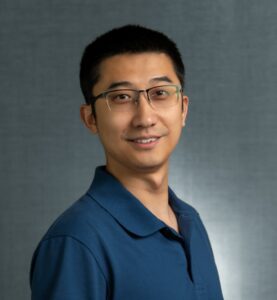
More on Bingzhe Li: Bingzhe Li (tamu.edu)
More on CESG Seminars: HERE
Please join on Friday, 10/6/23 at 10:20 a.m. in ETB 1020.

